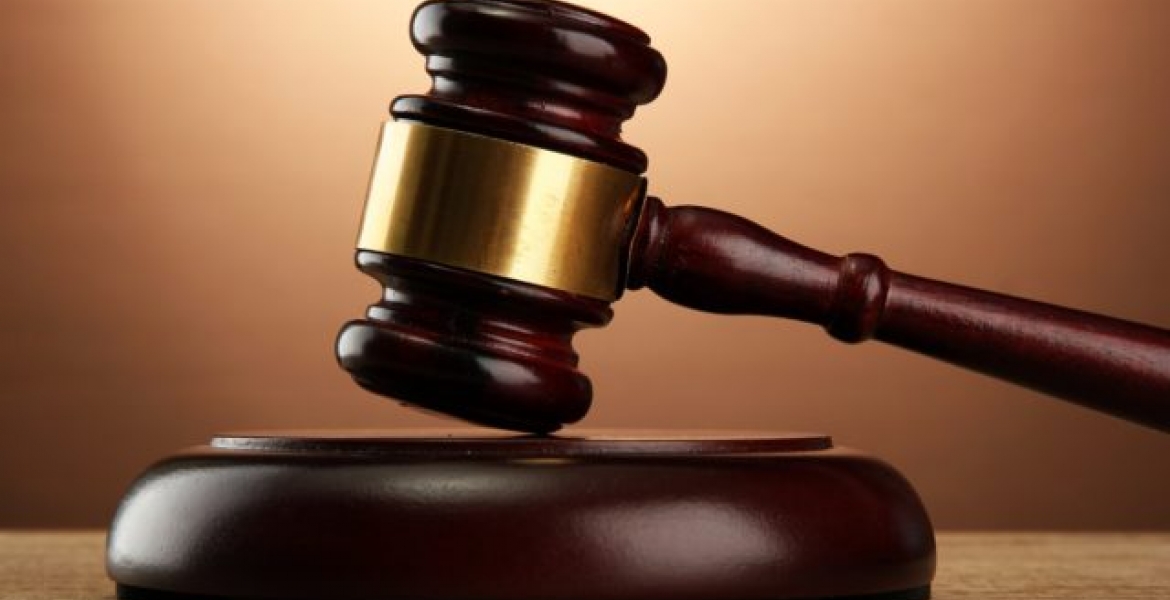Court upholds Presidential immunity in abduction case

A court has dismissed a lawsuit that sought to include President William Ruto in a case regarding the destruction of property during protests and alleged abductions.
The lawsuit, filed by Rodah Cheptarus in June 2024, at the height of anti-government demonstrations, aimed to challenge the use of the President's name, the Kenyan flag, and the shield for personal interests.
The case also sought to examine the constitutional right to freedom and security of the person in the context of recent violence and kidnappings.
Cheptarus argued that the violence, destruction, and abductions had a profound impact on Kenya.
In her filing, she sought various orders, including a declaration that the President's name, the flag, and the shield should be protected from personal misuse.
The suit named President Ruto and the Attorney-General as respondents, but the case faced strong objections.
The Attorney-General contended that the President could not be personally sued due to his constitutional immunity.
Justice Reuben Nyakundi ruled in favor of the President's immunity, citing Article 143(2) of the Constitution, which grants the President immunity from civil proceedings while in office.
“It is my view that, except in those exceptions allowed under the law, a sitting President cannot ever be made a party to any legal proceedings in court,” the judge stated in his ruling on April 2, 2025.
He further explained that the immunity was granted for the duration of the President’s tenure and could not extend to unofficial acts.
The judge emphasized the separation of powers in Kenya’s constitution and the absolute immunity granted to the President from civil actions and criminal prosecution during their time in office.
However, the judge clarified that there is no immunity for unofficial actions. Cheptarus will now continue her case against the Attorney-General as the primary defendant.
In his ruling, Justice Nyakundi stated that the court could not examine what constitutes official versus unofficial actions of the President, citing the constitutional separation of powers.
He concluded that courts could not inquire into the President’s personal motives or intentions.
